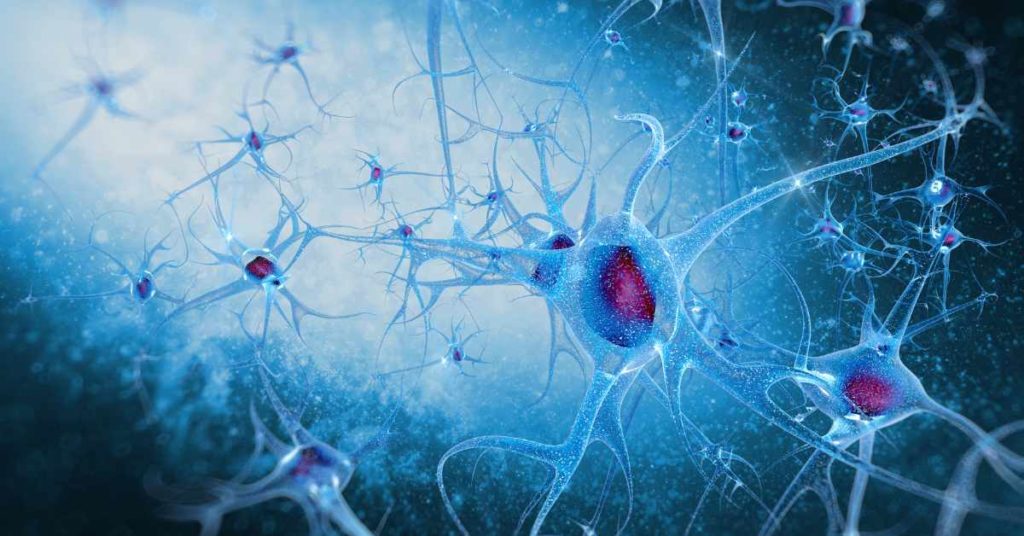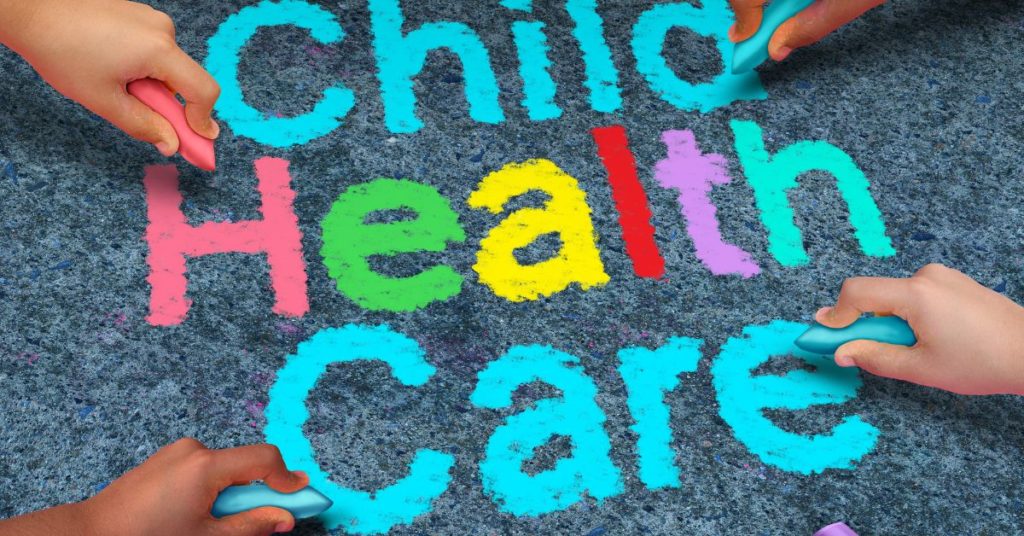Child health creation is the key to a full and productive life. Influence of nutrition
Early childhood is the most rapid period of development in human life. The years from conception through birth to five years of age are critical to the healthy cognitive, emotional, and physical growth of children.
The rapid development of children´s brains with progressive growth of neural pathways and connections between brain cells begins in the prenatal stage and continues after birth.
Therefore, early childhood is a period in development where the environment has an essential impact on brain formation, and the central nervous system grows and develops.
Of course, we remember that intellectual potential depends not only on the size of the brain. But if the size is reduced due to malnutrition, this can lead to a decrease in the child’s ability to acquire knowledge and communicate adequately.
How does nutrition affect the brain of a baby up to six months old? Try to establish breastfeeding – this is the best way to get all the necessary nutrients for the baby. In addition, in breastfed children, the processes of formation of the white matter of the brain occur more intensively.
Breast milk lipids arachidonic (ARA) and docosahexaenoic (DHA) fatty acids contribute to this. They are actively involved in the early development of the nervous system, the formation of myelin (the main component of the white matter of the brain) and the formation of connections between neurons.
Essential fatty acids, such as Omega-3 fatty acids, serve important cellular functions. They are a necessary part of the human diet because the body has no biochemical pathway to produce these molecules on its own. Sources of fatty acids for the child, other than breast milk in later stages of development after six months, include fruits, vegetable oils, seeds, nuts, animal fats, and fish oils.
With the insufficient intake of nutrients, the growth of the brain of the fetus and newborn slows down. And this has long-term consequences: it negatively affects the child’s behavior, including his benevolence. That’s how food is associated with brain development!

Scientific evidence suggests that if the brain does not receive the appropriate stimulation during the first years of childhood period, it is complicated for the brain to rewire itself at a later time.
As a part of child health creation, nutrition significantly influences children’s health.
There are some of the short-term and long-term effects of nutrition during childhood:
Short-term:
- Brain development, central nervous system development,
- Growth and muscle mass, body composition,
- Metabolic programming of glucose, lipids, proteins, hormones, receptors, and genes.
Long-term:
- Cognitive, motor, and educational performance,
- Immune function. Work capacity,
- Diabetes, obesity, heart disease, high blood pressure, cancer, stroke, and ageing.
Do you know that diet can tremendously impact a child´s development, behavior, and learning ability?
Cognition and behavior are regulated by a complex network of interconnected brain cells, each of which depends on what a child eats.

The understanding of some fundamental principles behind Cognitive Efficiency such as:
- memory, concentration, learning capacity and brain-motor coordination,
- the understanding of brain chemistry and how what a child eats can influence their development and cognitive abilities will help you to improve the health of your baby.
By learning about how a child´s brain works in relation to food, you can play an important part in helping your child to reduce the risk of many mental and neurological problems.
There is a strong association between eating habits, behavior, and academic performance.
In our research investigations, we have established the influence of nutrition on a child’s brain function, learning, behavior, and development of psychological and behavioral disorders.
For example:
- Children who drink water and eat enough vegetables, especially dark green leafy vegetables, oily fish, seeds, pulses, and fruits instead of sugar, perform better at school, and they have higher academic achievements and better behavior.
- Children who eat diets high in junk food, fatty ready meals, fried food, artificial ingredients, and sugary foods or drink have a significantly higher risk of pathological behavior.
- Scientists at the University of Oxford found that the antisocial behavior of adolescents, including violence, can be reduced by including in their daily diet the following nutrients: Vitamins, minerals, Omega 3, and Omega 6.
- Children aged 5 to 12 years who had coordination problems and learning difficulties improved their reading, spelling, and behavior in 3 months by using nutrient Omega 3 and Omega 6.
Omega-3 fats are found in fatty fish like salmon, sardines, trout, mackerel, anchovies, nuts and seeds (such as flaxseed, chia seeds, and walnuts). Berries, especially blueberries, contain 0,25 grams of Omega-3 fatty acid per 100 g serving.
Omega-6 fats are found in soybeans, corn, safflower oil, sunflower oil, nuts and seeds, tofu, peanut butter, avocado oil, and eggs.
Just including such products in the daily diet of your child increases their brain cognition.
- The World Health Organisation (WHO warns: Nutrient deficiency may impact school grades.
A severe deficiency in folate and Vitamin B12 results in developmental delays and cognitive impairment. The indicator of B vitamin deficiency is high Homocysteine levels, which you can use to diagnose B-vitamin insufficiency and prevent the development of severe complications.
Folate and B12 are essential for child brain development, cognitive function, verbal attention, picture association, pattern recognition, and memory.
Summary:
- A child´s diet can have long-lasting effects on their adult brain as well;
- Diet has an impact on a child´s behavior;
- Adequate child nutrition is critical for later years;
- What a child eats can affect their ability to learn.
- Vitamin B (folate and B12) deficiency results in developmental delays and even cognitive impairment.
- Essential fatty acids, such as Omega-3 and Omega-6, are a necessary part of the children’s diet for brain development.
- Chemical additives in children´s foods can impact hyperactive behavior.
- Parents, in collaboration with pediatricians and nutritional advisors, are responsible for supporting children with healthy food and healthy behavior.
If you liked this article, please leave your comment below. Thank you!
Kew Words: #child health creation, #nutrition, #child development, #vitamin B deficiency, #brain development, #healthy diets, #learning ability, #Omega-3/6 fats






Pingback: (2022) 4 Factors That Influence The Advanced Child's Brain Development | Childhealthcreation.com | How To Grow A Healthy Child?
Pingback: (2023) How Does Insufficient Water Intake Affect The Child´s Health And Adequate Brain Function? | Childhealthcreation.com | How To Grow A Healthy Child?
Pingback: (2023) Body Movement Is A Powerful Tool For The Mindset Creation | Child Health Creation
Pingback: (2023) Quality Sleep Is Essential For The Healthy Child Development | Child Health Creation